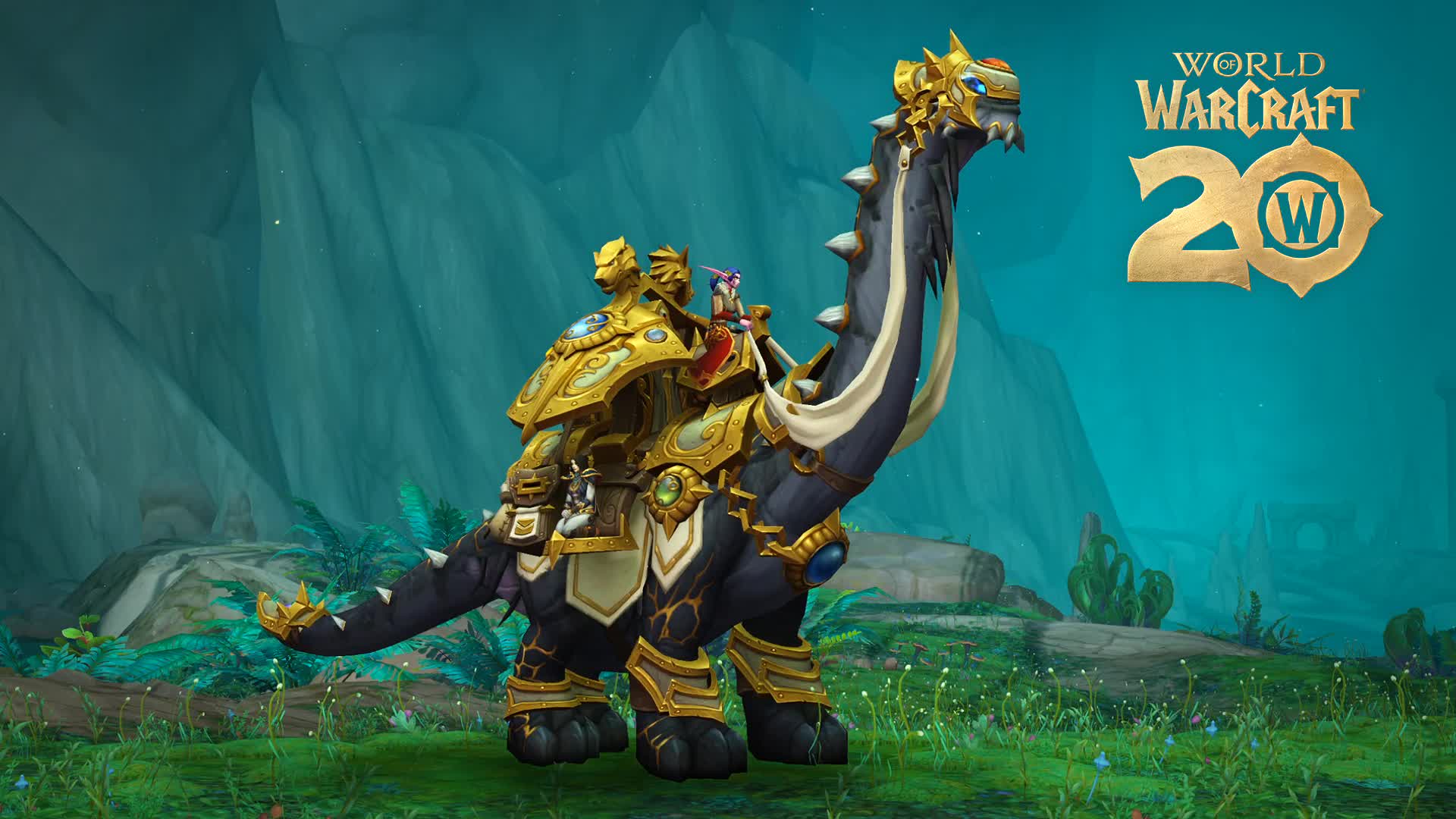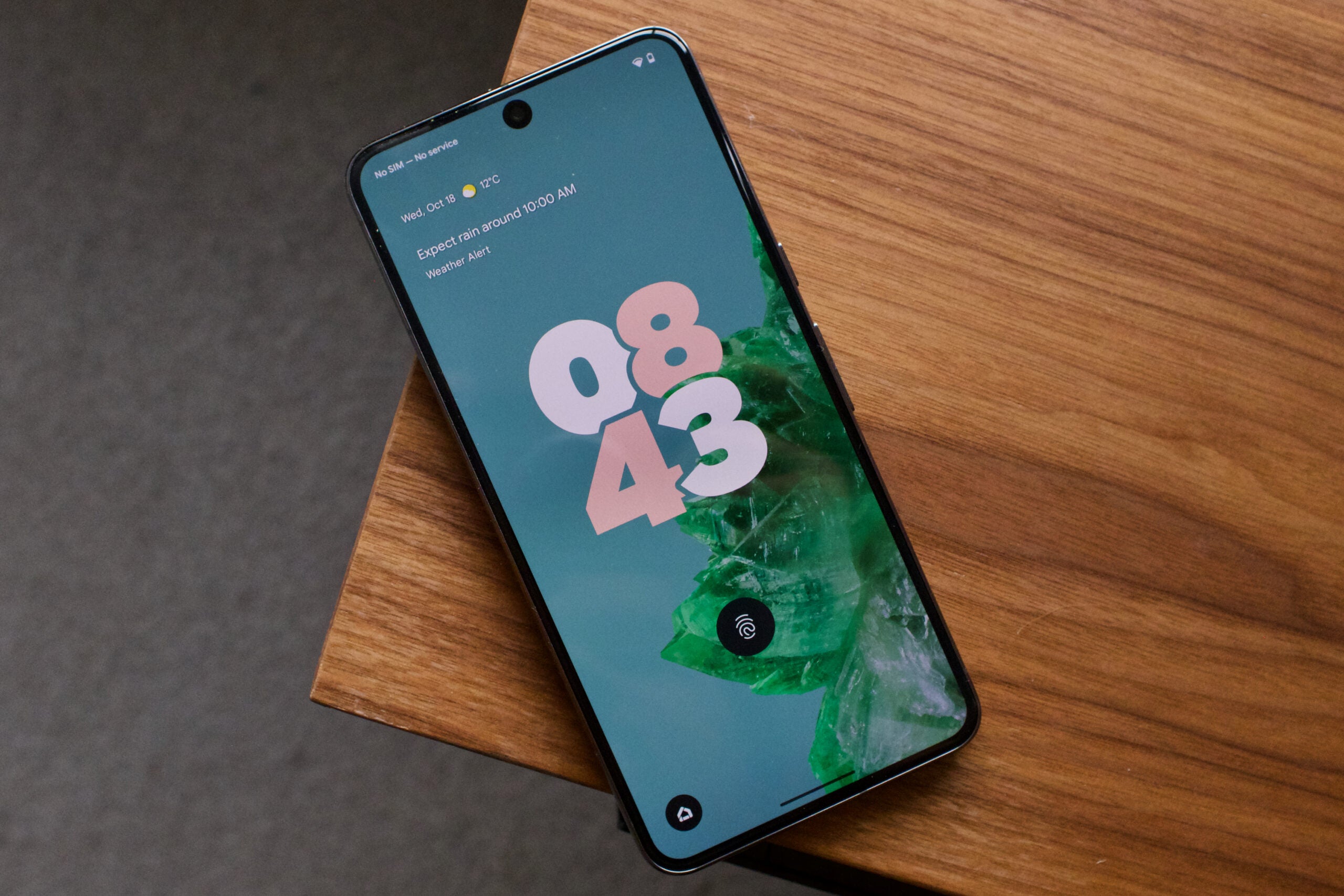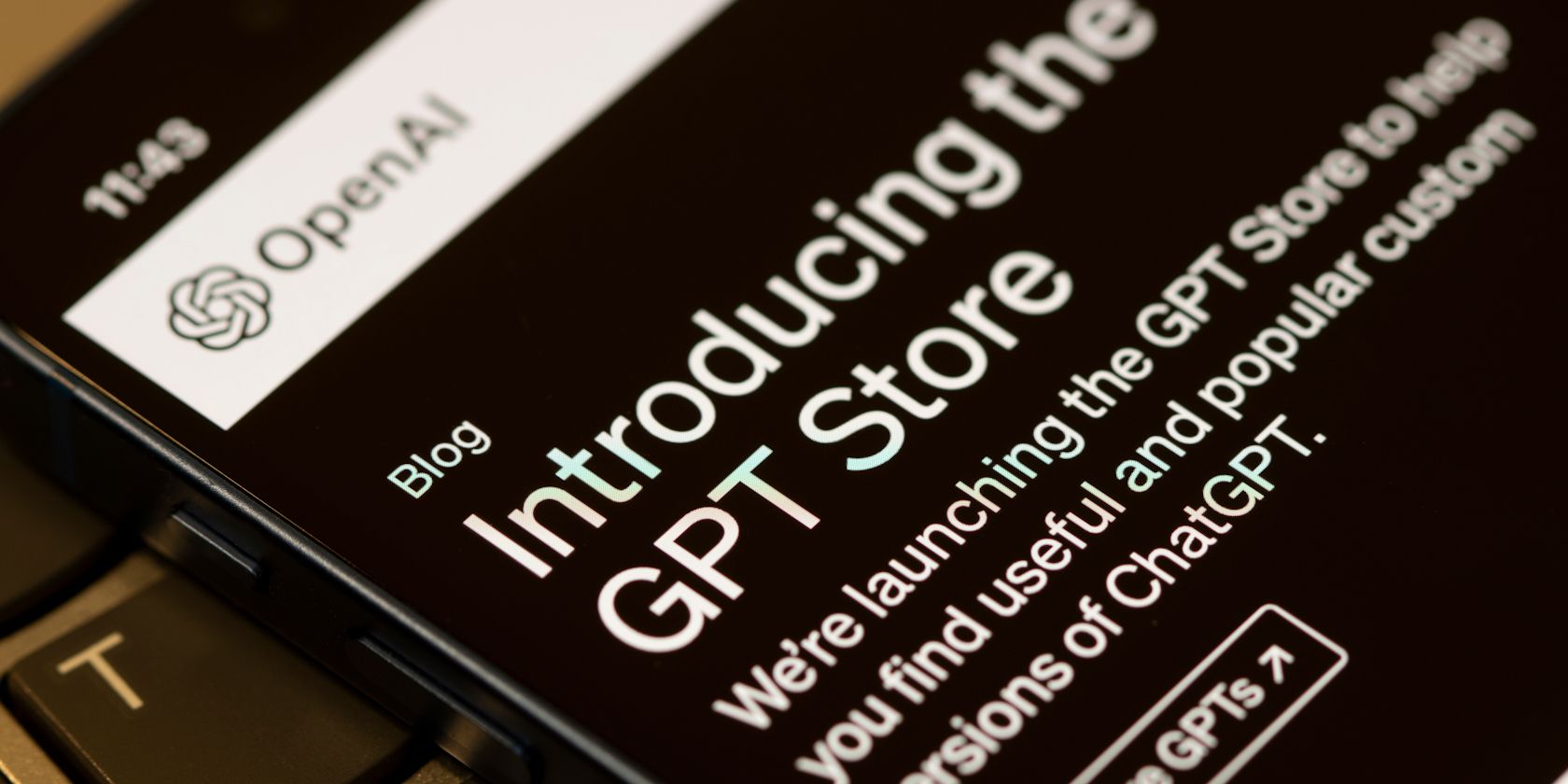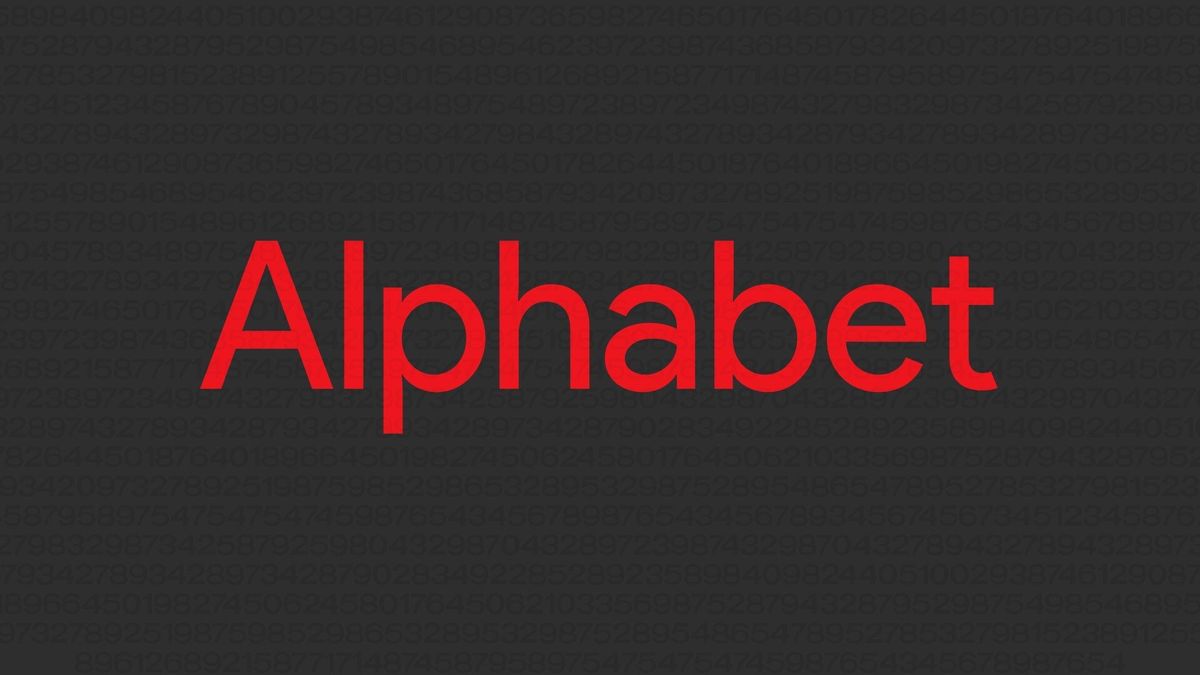Latino Twitter is how I acquired my foot within the door as a author. I used to be recent out of school in 2013, working at a bookstore in Oklahoma Metropolis and determined to get bylines of any variety so I may hopefully pursue a profession in journalism. I had no concept the place to start out, no household connections to talk of and had little extra to work with except for Google Docs, espresso store Wi-Fi and prayer.
A kind of prayers, to my shock, ended up being answered. It was a shot at the hours of darkness, however I created a Twitter account and pitched a narrative concept to Roque Planas, an editor at Huffington Publish’s Latino Voices. He despatched me his electronic mail deal with, and the remainder is historical past. The purpose is, Twitter was one of many few rooms out there to me the place I may meet editors and writers in an trade that’s notoriously troublesome to interrupt into. With Twitter in its dying throes, I fear about how the following era of voices will discover their open door.
Even earlier than Elon Musk took over, earlier than options began glitching and fee limits had been randomly imposed, I used to be (and am) greater than prepared to confess Twitter had its flaws. The migration from intentional on-line communities, like boards and Fb pages, to platforms like Twitter that put you in dialog with any variety of strangers, is a social experiment, the result of which stays to be seen. There’s a powerful case to be made that such apps are dangerous for you, that they create environments that make us extra cynical, pettier and crueler.
However on the identical time, it’s one of many few avenues the place communities which have traditionally been excluded from industries like publishing, journalism and leisure can come collectively and pool assets, provide recommendation, cross alongside job openings or discover collaborators on their initiatives. In a grueling inventive economic system the place Latinos are sometimes excluded, we’ve to reckon with what it means to lose a platform that has acted as an equalizer of kinds, albeit imperfectly.
Some would possibly accuse me of prematurely tolling Twitter’s dying knell. However I’d argue that since Musk’s takeover it’s already taken a flip for the more severe, with its verification system in shambles and its CEO continuously selling right-wing firebrands on the location. Politics apart, there are whole afternoons when the app flatly doesn’t work, making it an unreliable software for sharing articles or, actually, info of any variety. Musk’s common feuds with corporations like Substack, leading to a short lived ban on their hyperlinks, don’t encourage confidence both.
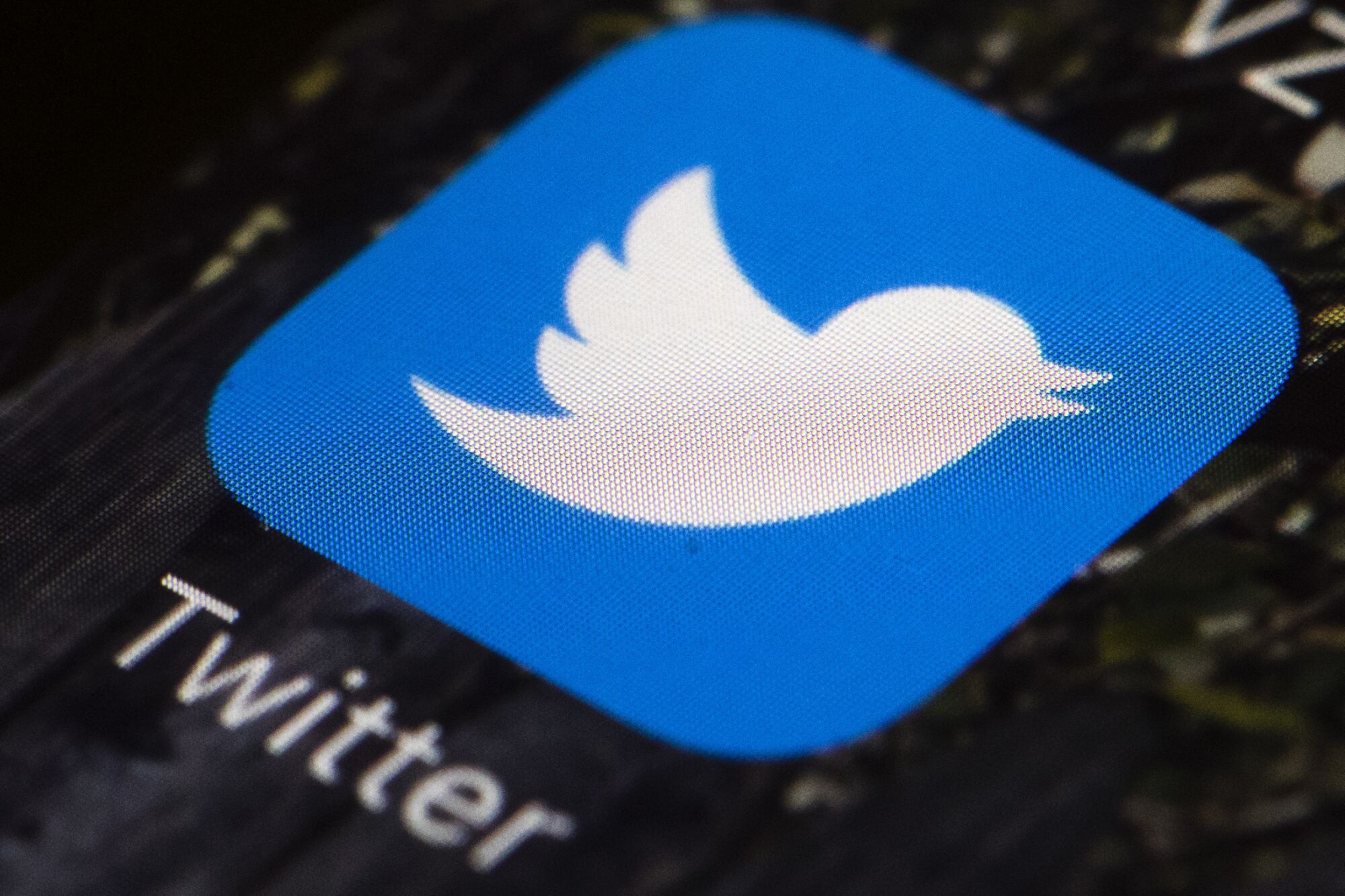
Who is aware of what the long run holds for Twitter and its thousands and thousands of customers?
(Matt Rourke / Related Press)
And whereas each web group can have its share of toxicity, Twitter has been a spot the place one can soak up a broad spectrum of viewpoints on topics like Latinidad. I can say that, for me, Latino Twitter has disrupted a few of my misguided beliefs about id and politics, in addition to launched me to info I’d have by no means discovered alone in any other case. Regardless of its flaws, and at its finest, it’s a residing, respiratory factor that makes us extra curious, asks us to be higher listeners and places us involved with some nice individuals.
That’s being charitable, in fact, and in a great world we wouldn’t want Twitter as one of many few paths for marginalized individuals to be given a shot of their trade. Certainly, in a great world, we may probably take a look at the toppling of Twitter as a possibility to construct out our personal networks with the intention of uplifting usually neglected members of our group, as an opportunity for us to create one thing that exists outdoors the whims of an unstable CEO for whom the whole lot is only a sport.
Is it potential to perform such a factor? I can definitely be cynical (a preexisting trait of mine that was exacerbated by Twitter, it should be mentioned), however I’d additionally say I’ve been uplifted, supported and championed by members of my group. I’ve seen it occur each on-line and off. I’ve skilled the fabric advantages of being in a community of people that can see themselves in my story, the place I come from and what I’m attempting to do, even when these individuals had by no means heard of me earlier than.
That’s what Twitter gave me from Day One, and though I can’t say it’s been nice for my mind chemistry on the entire, I can say it was one of many few choices out there to me, and once I determined to present it a attempt, it labored out the place sending my resume into the black gap of internet sites like Certainly didn’t.
One of many long-standing questions that Latino Twitter has wrestled with is: What’s group? What does it imply to be imprecisely grouped collectively below broad umbrella phrases? The historical past of Latinidad is checkered and comes with plenty of baggage, with some arguing, maybe understandably so, that the disparate experiences it makes an attempt to comprise actually don’t have a lot to do with each other in any respect.
However to me, being part of any group means duty. I consider it’s our duty to make issues higher and simpler for the individuals who come after us. In my most spectacular desires, I image a post-Twitter world the place we don’t must danger harassment, abuse from strangers or turning into hooked on the dopamine rush from an app to discover a manner into an trade the place we are able to thrive.
I do assume we are able to get there, or at the least aspire to it. There are individuals doing that form of work proper this second. For now, although, the teetering tower of Twitter makes me unhappy and fearful. Certainly one of our few ladders into success is dropping rungs day-after-day. Ought to it lastly disintegrate, we’ll want networks, each on-line and off, to choose up the slack.
John Paul Brammer is a columnist, writer, illustrator and content material creator based mostly in Brooklyn. He’s the writer of ”Hola Papi: Come Out in a Walmart Parking Lot and Different Life Classes” based mostly on his profitable recommendation column. He has written for retailers just like the Guardian, NBC Information and the Washington Publish. He’ll write a weekly essay for De Los.


/cdn.vox-cdn.com/uploads/chorus_asset/file/25704631/canon1.jpg)

.jpg)

